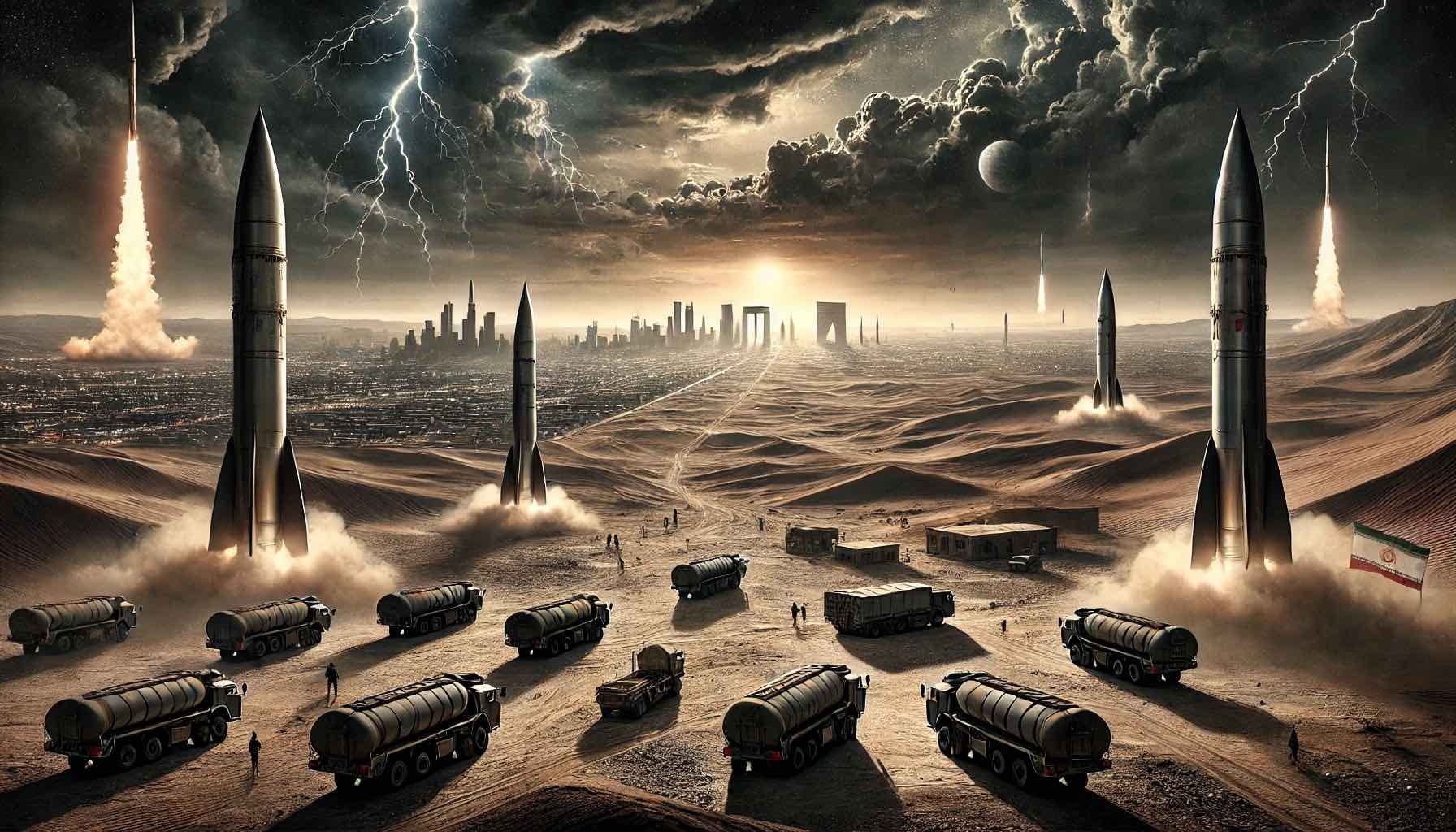The Potential Pathway from Iran-Israel Tensions to Global War: A Speculative Analysis
Tensions between Iran and Israel have intensified aising concerns that this escalation could trigger a major regional war or even a global conflict.
The escalating conflict between Iran and Israel has reached a critical juncture, particularly after the recent assassination of Ismail Haniyeh, the political leader of Hamas, in Tehran. This incident has not only intensified the already volatile relations between the two nations but also set the stage for a broader regional confrontation that could spiral into a global conflict.
The Immediate Consequences and Regional Implications
The assassination of Haniyeh, attributed to Israeli forces, has prompted severe reactions from Iran and its allies within the Axis of Resistance, which includes groups like Hezbollah and various Iranian-backed militias across the Middle East. This coalition has vowed to retaliate, potentially through coordinated missile and drone attacks targeting Israeli cities and military installations. The Israeli Defense Forces (IDF) have responded by increasing their readiness and issuing evacuation orders in parts of northern Gaza, anticipating a wave of retaliatory rocket attacks.
This escalation marks a significant shift in the conflict's dynamics. Historically, Iran has engaged Israel through proxy forces, avoiding direct military confrontation. However, the assassination of such a high-profile figure in Tehran could push Iran to consider more direct military action. Supreme Leader Ayatollah Ali Khamenei is reportedly contemplating such measures, despite the significant risks involved.
The Risk of a Regional War
If Iran decides to launch a direct attack on Israel, the conflict could quickly escalate into a full-scale regional war. Hezbollah, with its vast arsenal of rockets, could open a northern front, while Iranian-backed militias in Syria and Iraq could strike Israeli targets from the east. The involvement of Hamas in Gaza would create a southern front, effectively surrounding Israel with hostile forces.
In such a scenario, Israel might be compelled to launch preemptive strikes not only on Iranian targets but also on the military infrastructure of its proxies in Lebanon, Syria, and Iraq. This would likely draw in other regional powers, such as Saudi Arabia and the Gulf states, which might support Israel either directly or indirectly due to their shared interest in countering Iranian influence. Jordan, concerned about the spillover of the conflict, might also become involved, especially if Iranian-backed forces attempt to use Jordanian territory to launch attacks on Israel.
Global Implications: A Path to World War III?
The involvement of global powers in the Iran-Israel conflict is perhaps the most alarming aspect. The United States has historically been Israel's staunchest ally and would likely provide military support, potentially leading to direct confrontation with Iranian forces. On the other hand, Russia, which has been deepening its military cooperation with Iran, might intervene to protect its interests in the region. This could lead to a proxy conflict between the U.S. and Russia, reminiscent of Cold War-era confrontations.
Furthermore, Iran's nuclear ambitions add another layer of complexity. If Iran accelerates its nuclear program in response to the conflict, Israel might feel compelled to carry out a preemptive strike on Iranian nuclear facilities. This could provoke a broader international crisis, especially if nuclear-armed powers like Russia or China become involved.
The risk of miscalculation is high. A regional war in the Middle East could quickly draw in global powers, either through direct military involvement or through the entanglement of alliances. For instance, NATO might be dragged into the conflict if member states like Turkey, which borders Syria and Iraq, are threatened. Similarly, the conflict could destabilize global energy markets, leading to economic crises that might prompt broader international involvement.
Conclusion: The Fragile Line Between Regional and Global Conflict
The assassination of Ismail Haniyeh has pushed the Iran-Israel conflict to the brink of a major regional war. While the immediate focus is on the Middle East, the global implications are significant. The involvement of major powers, the potential for a nuclear crisis, and the entanglement of international alliances all point to the possibility that this conflict could spiral out of control, leading to a global confrontation. The international community must act swiftly to mediate and prevent a scenario where a regional conflict escalates into World War III. The stakes have never been higher, and the margin for error is alarmingly thin.






